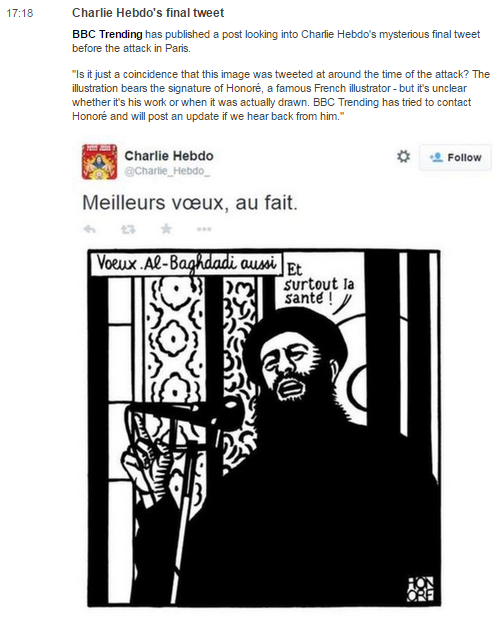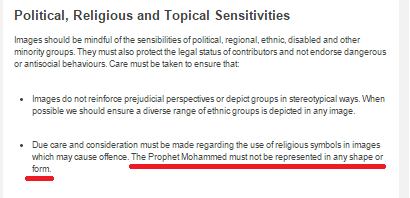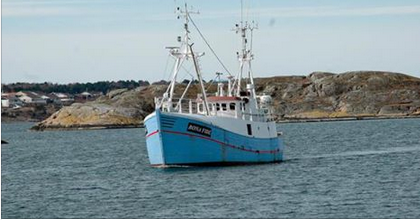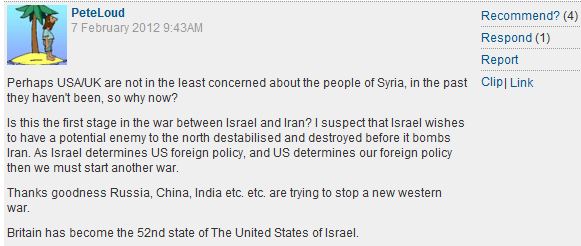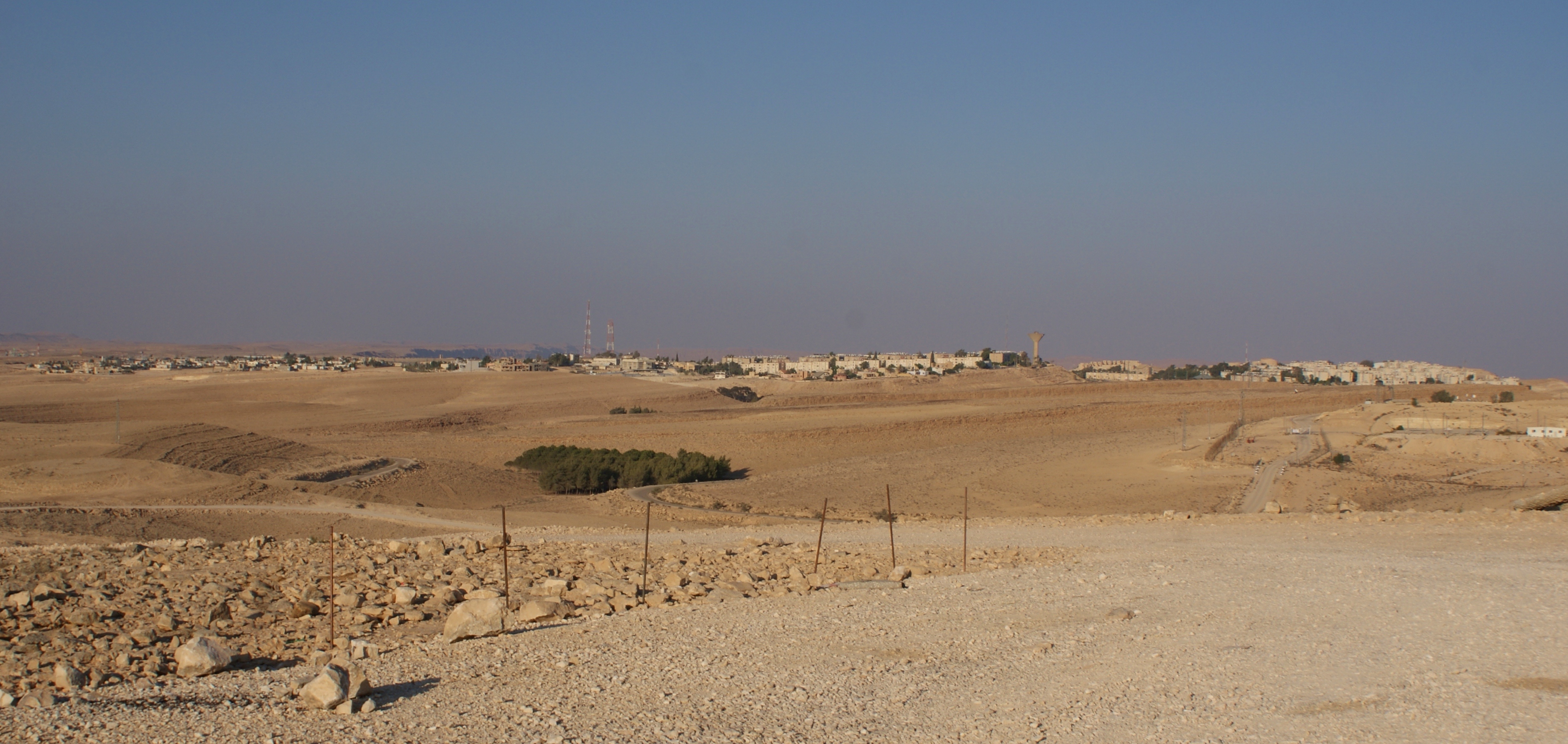Among the BBC’s extensive coverage of the January 7th terror attack against the staff of the French satirical magazine Charlie Hebdo was an interview with Douglas Murray (available here) on the topic of press freedom which was broadcast on the BBC World Service.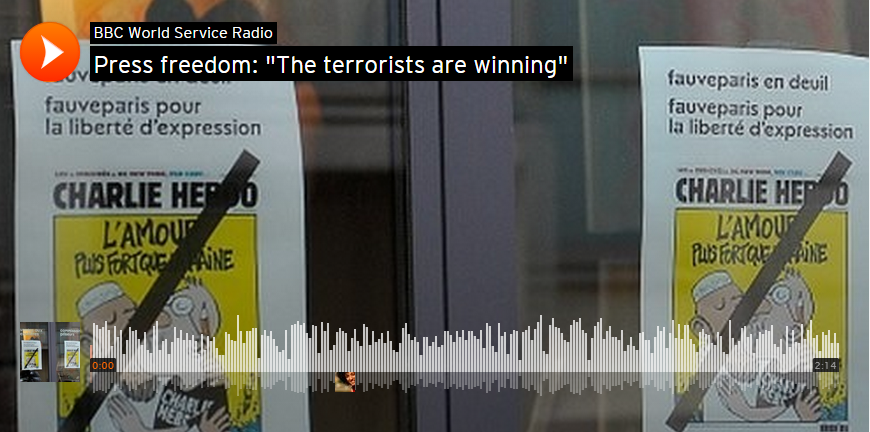
Murray: “And now, when everyone says we must stand with Charlie Hebdo, solidarity with Charlie Hebdo, they can’t really mean it because you and I know the BBC won’t dare to show any of these cartoons. No other major journal or newspaper or magazine in Britain or across Europe will dare to show those cartoons. The point is, we say again and again we stand for freedom of expression when we don’t really. And we say again and again that we mustn’t allow the terrorists to win and they do – again and again. The terrorists routinely succeed and have succeeded again in shutting down a whole area of discussion and all sorts of people who like to think they’re in favour of freedom of speech in fact again and again cede the territory to the terrorists. I think it’s shaming.”
BBC presenter: “To be fair, I think the BBC Live page did publish the final Tweet from Charlie Hebdo – the picture of Al Baghdadi.”
Indeed the BBC News website’s dedicated Live page did publish that Tweet (see below) but, as Murray later noted in a column at the Spectator, that is not the same thing.
But is Douglas Murray correct when he says that the BBC “won’t dare to show any of these cartoons”?
The answer to that question can be found in the Guidance on Stills, Photographs and Images appended to the BBC’s Editorial Guidelines – specifically in the section titled “Political, Religious and Topical Sensitivities” which categorically states:
“The Prophet Mohammed must not be represented in any shape or form.”
The editorial considerations which brought about that BBC self-censorship – along with other examples such as its compliance with Hamas restrictions during its reporting from the Gaza Strip last summer, its avoidance of reporting antisemitism at the anti-Israel demonstrations it covered in the UK and its selective and inconsistent use of the word terror – are always worth bearing in mind when reading, watching or hearing BBC content.
These are also editorial decisions which the BBC would do well to explain to its funding public – particularly at this time.

